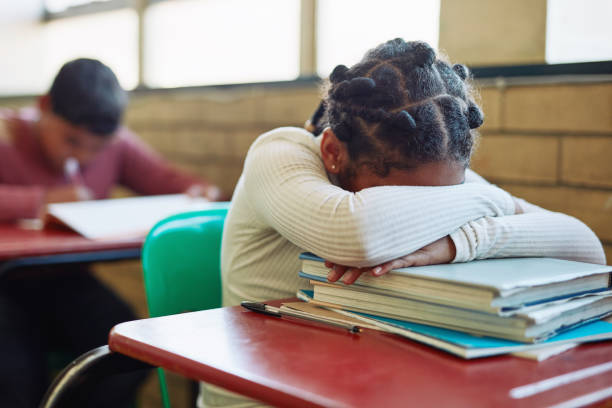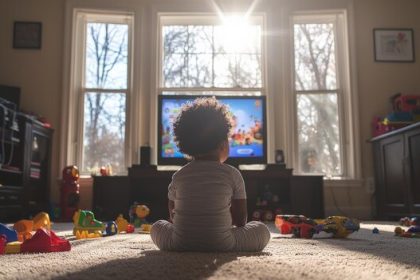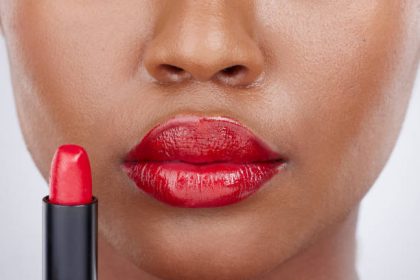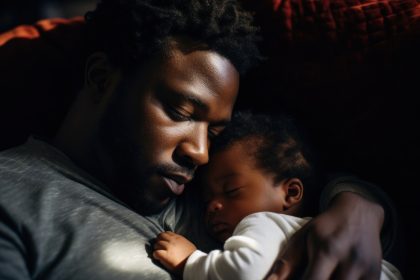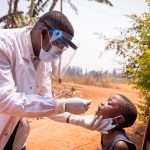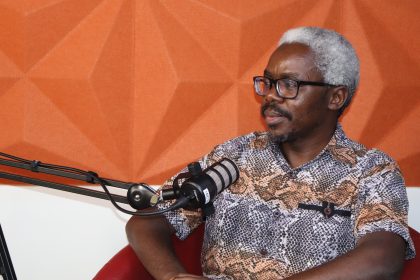Children take trauma from home to school, leading to poor grades, withdrawal, aggression, and substance abuse as they seek belonging.
Mackline Mokeira was everything to her three sons. She cooked their meals, brushed their hair, and kept their small Nairobi home clean. Her hands buttoned school uniforms, wiped tears, and held their world together.
Then everything changed when she left her abusive marriage.
“The marriage was very violent and abusive,” Mackline says. “When I couldn’t take it anymore, I decided to leave with my kids.” She told Willow Health in a phone interview.
But her ex-husband wouldn’t let them go. He followed the children, gave them snacks, and found where they lived.
One evening, Mackline came home from selling vegetables in Mlolongo. She started dinner, then went to shower. When she returned, her youngest son whispered, “Dad is here.”
She froze. Her ex-husband was hiding a machete in his jacket. He attacked her.
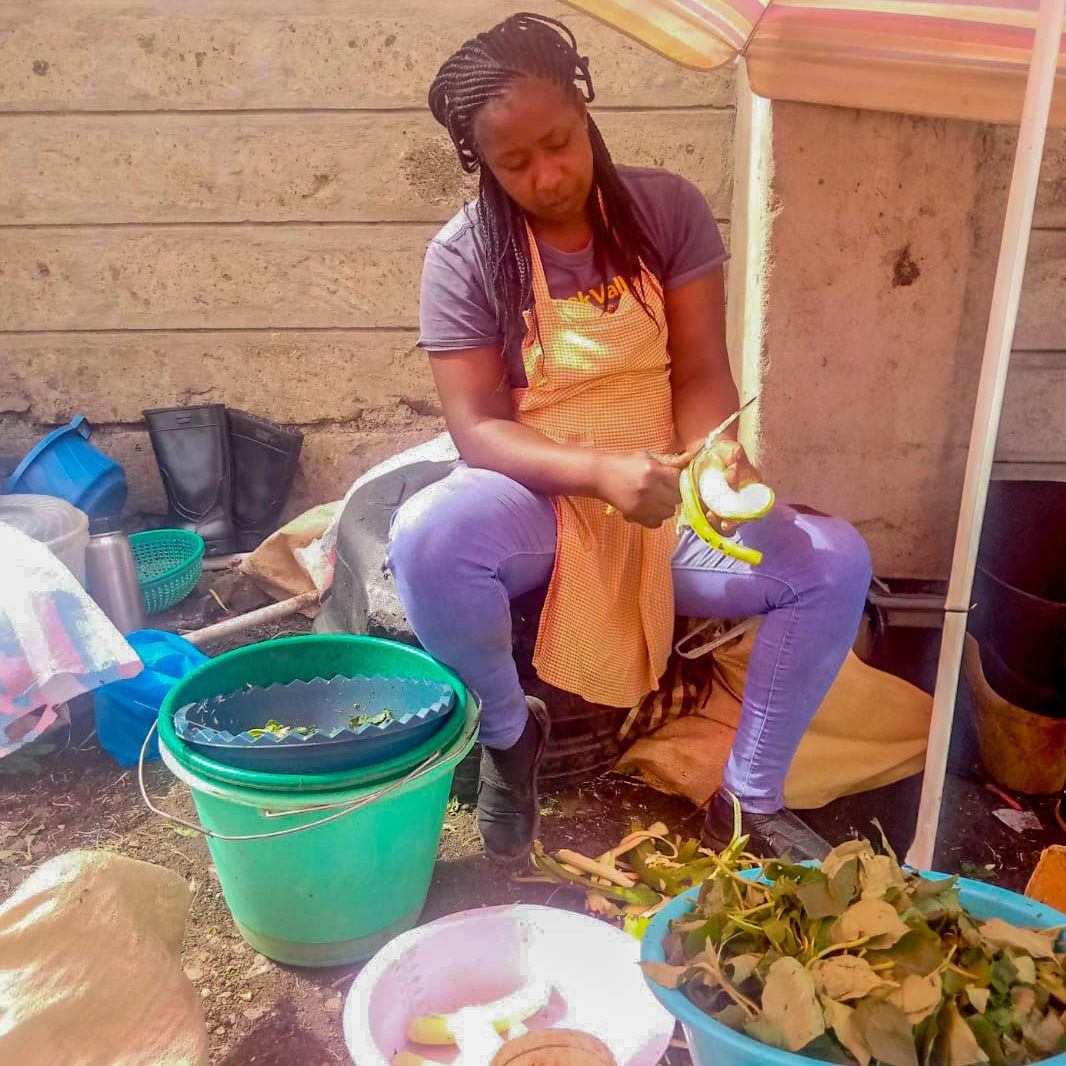
“I remember him mentioning how he found me with nothing, just a skirt worth Ksh20. He said that my business had made me hardheaded, and apparently that’s why I left him,” she painfully recalled.
Mackline raised her arm to protect herself, but he kept hitting. A finger fell off. When he paused to wipe his face, she ran screaming.
She collapsed at the gate. Neighbours heard her screams, caught him, and called the police. They rushed her to the hospital. The children watched everything.
“I was eventually informed they couldn’t save my four fingers on my right hand. I now only have the thumb,” she recalls.
Her sons then were in grade eight, six and one. None received therapy. Their pain shows. They withdraw, stay quiet for hours. Mackline keeps telling them they’re safe now. But safety isn’t always enough to heal trauma.
If a child is living with a depressed parent, they may withdraw or become aggressive
Many children in Kenyan homes see violence and abandonment. They struggle academically and socially with their peers. What Mackline’s sons experienced – the terror, helplessness and loss of safety- affects thousands of young people.
Dr Gladys Mwiti, a clinical psychologist and founder of Oasis Africa, says when parents struggle with mental health, it affects their children.
“Often, behaviours such as hyperactivity are quickly labelled as ADHD, but many times, this is a wrong diagnosis. These children may simply be reacting to a chaotic environment. Research indicates that if a child is living with a depressed parent, they may withdraw or become aggressive, not because of a disorder but as a cry for help.”
Dr Mwiti adds that children feel helpless when they can’t change their environment and thus react as “Abuse and neglect, whether physical or psychological, can cause trauma leading to withdrawal or aggressive behaviour.”
Dr Mwiti explains that poverty alone doesn’t cause violence or mental health problems. Children need security and love from their parents. Even poor families can raise mentally healthy children if parents are loving and present. But violence and unsafe environments deeply damage mental health. Traumatised children may start bedwetting again because they no longer feel safe.
Globally, and according to UNICEF, one in seven teens aged 10-19 lives with a mental health condition. Worldwide, about 45,800 teens die by suicide, making it a leading cause of death for this age group. More than half of mental health conditions start before age 18. These problems affect development, education, and well-being while increasing the risks of self-harm and violence.
Trauma doesn’t appear in surveys, but in classrooms and homes through silent behaviours
In Kenya, the 2022 Kenya Demographic and Health Survey (KDHS) found that four per cent of women aged 15-49 and three per cent of men have been diagnosed with depression or anxiety. But these numbers only count those who got a formal diagnosis. Many more, like Mackline and her children, never get professional help.
Of those diagnosed, only about one in four get medication – 27 per cent of women and 21 per cent of men. Barriers include cost, shame, poor availability and few mental health professionals. Regional differences are striking. Among women, Narok has the highest rate at 17 per cent, followed by Meru and Uasin Gishu. Among men, Bomet ranks highest at 21 per cent.
But national statistics don’t count children like Mackline’s sons. Their trauma doesn’t appear in surveys, but shows up in classrooms and homes through silent behaviours.
Dr Mwiti notes that children take trauma from home to school. This leads to poor grades, withdrawal, aggression, and substance abuse as children seek belonging.
Anne Mutinda, a retired primary school teacher, says children show behaviours that express sudden home changes from those who “become withdrawn, or just rebellious. Others just outrightly start a fight with their peers. All these sudden changes point towards a child that is trying to express themselves.”
Dr Mwiti says these behaviours are children’s way of speaking when they can’t find words, and “We have to create safety before they can open up,” she says. “They need to feel protected enough to say, ‘This happened to me.'”
Dr Irungu Mwangi, a psychiatrist, says diagnosing mental illness in children requires watching both behaviour and physical changes. Warning signs include sleep problems, loss of appetite, withdrawal, sadness, nightmares, anxiety, body aches, stomach pains or heart racing. Severe cases may include hallucinations or delusions.
Teachers must provide mental health support with little training and heavy workloads
Dr Irungu stresses the need for complete evaluation, including family history, birth details, development milestones, possible drug use, and medical issues. Physical illnesses like infections or hormone problems can look like mental health symptoms and must be ruled out through medical tests.
“If a child has a mild infection, you give them antibiotics”, explains Dr Irungu. “If they show clear signs of depression, you start them on antidepressants. If they have a fever, you treat it with antipyretics. After a week or two on medication, you may also refer them to a counselling psychologist to explore deeper issues, like their relationships at home, in school, or with friends.”
Adds Dr Irungu: “You don’t wait for a counsellor to talk to a depressed child for three months before intervening. If the symptoms are clear, you start medication immediately, then bring in the counsellor to explore the family, school, or social issues. The teacher also becomes vital, they see what’s happening on the ground.”
The situation is dire in schools as teachers must provide mental health support with little training and heavy workloads.
Medical treatment, like antidepressants, starts early when needed, followed by counselling
Teacher Mutinda says most schools have counselling services, but students rarely seek help voluntarily and “It takes an observant teacher to detect the changes in a child who was previously active in class suddenly going silent or withdrawing. Others just do not want to mingle with the rest of their peers. They opt to stay secluded and sometimes cry unprovoked.”
This means children like Mackline’s sons, who saw horrible violence and lost their sense of safety, often go unnoticed and untreated in schools meant to help them grow.
Dr Irungu supports team treatment involving psychiatrists, psychologists, counsellors, teachers, and family members. Medical treatment, like antidepressants, starts early when needed, followed by counselling to explore deeper emotional or environmental issues.
For families like Mackline’s, this complete approach remains out of reach. Her children still carry their trauma, showing it through withdrawal and silence. Meanwhile, Mackline – still healing from her own wounds – tries to provide the security they desperately need.
“With nothing to do, I had to move back to the village. My eldest was sponsored by Equity Bank because he did so well in school. The younger two are still in school here in Kisii,” she says. “I told them to try and forget.”



